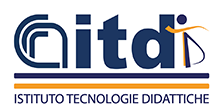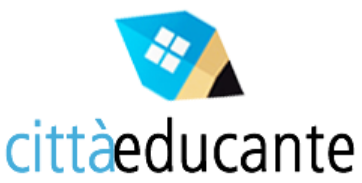Framework
Almost twenty years ago, an ITD-CNR research group began investigating the use of digital games for learning in primary and secondary schools. Their chief interest was to explore the affordances of games for activating and developing logical reasoning skills.
This research was carried out in three different projects:
- SvITA: this project looked at the support that educational software and digital games might offer students who experience difficulties in logic and mathematics. The results suggested that core maths and arithmetic abilities may be independent from the skills involved in playing digital games;
- SOLE: here the scope was widened to all learners in primary school and middle school. The project investigated whether digital games can be used in class to stimulate logic and strategic thinking. Results demonstrated the positive impact games can have in this area;
- Logivali: based on the previous results, this project sought to establish whether digital games could be used to diagnose and evaluate primary school students’ difficulties in logical reasoning. The project produced a standardized test for further studies in this research line.
Objectives
The objective of the “Città Educante” project was to define and test a methodology for the use of digital games as a tool to support some basic skills that involved in the study of STEM (Science, Technology, Engineering and Mathematics) subjects. The methodology is aimed at primary and middle school, specifically designed for teachers who may be interested in integrating game based activities in their teaching plans.
Objectives, Outcomes & Future Development
ITD-CNR’s mandate in the Città Educante project was to formulate and test a methodology for using digital games to support basic skills in STEM (Science, Technology, Engineering and Mathematics) subjects at primary and lower-secondary levels. This specifically targeted teachers who may be interested in integrating game based activities in their teaching.
Following the methodology, the teacher selects a basic skill to target and is then provided with a set of simple actions that learners who possess that skill are typically able to perform. The teacher can then use the list as a basis for deciding what digital games to select to activate the targeted skill; these may include games designed for purposes other than learning. The methodology also includes guidelines for deploying games in class, depending on the conditions and constraints of the school context in which they are to be used.
The methodology has been successfully field tested in different school environments and for different target skills (see Game based Learning). Future development will include the partial automation of learner support to ensure that learners are presented with a suitable challenge level. The methodology may also be extended to learners’ digital game making.
 Italiano (Italia)
Italiano (Italia)  English (United Kingdom)
English (United Kingdom) 

